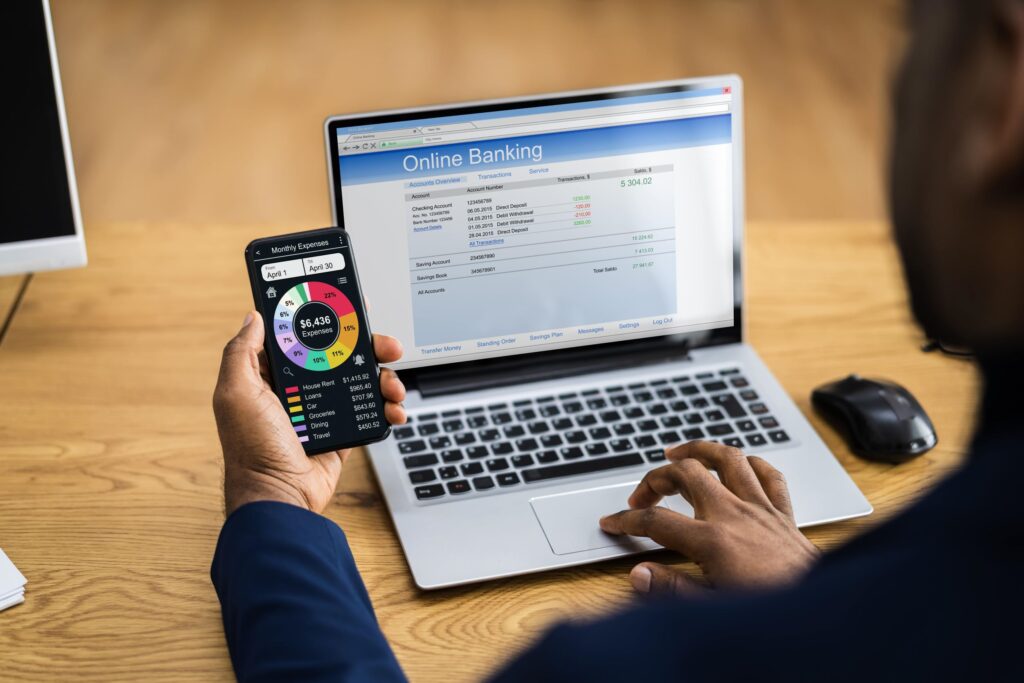Bank accounts serve the primary purpose of holding your funds for safekeeping. Besides saving money, you can transact with the funds held based on the terms and conditions of the financial institution. Many bank accounts exist, the two major ones being personal and business accounts. This article establishes its discussion on the business bank accounts. As the name suggests, this account serves to help you handle your business transactions.
Are you a business owner looking to open a business bank account for your firm? This article will guide you in the process by giving you tips to adopt.
Assess Your Needs
Knowing what your bank requires is the first step to identifying the business bank account to open. With this knowledge, you can vet several bank account options.
Start by identifying the transactions you’ll be making with this account. For example, will the payments are localized, or will you also receive and send international payments? Do you want a traditional type of banking where you physically go to open the account, or do you prefer to open business account online and handle all transactions digitally? Are you planning to use the account as a stand-alone, or do you plan to integrate it with your other existing systems, such as accounting and payroll?
Settle for a business bank account that’ll fully meet your needs. With the various accounts available, there’s a high likelihood of getting one that suits your needs. Therefore, there’s no need to compromise on any feature you desire.
Suppose you’re stuck identifying your needs. Your current and potential clients should help you identify these. Ask for their feedback on the least they expect from your banking as they work with you. Their response will help you determine the account’s bare minimum requirements.
As you identify your needs, you must factor in your business’s future needs. Like any other business, you expect yours to grow and expand operations. However, this expansion comes with new demands, banking included. Therefore, you must identify the potential needs of your business and factor them in.
Identify The Type Of Account
Different types of business bank accounts exist, each with varying features. You need to identify the right one for your business needs. There are two main types of business bank accounts, checking and savings. Here, your transactions should guide your choice.
The main aspects to consider are the number of transactions permitted in a day and the merits and demerits of each. For example, most checking accounts allow for an unlimited number of transactions. In contrast, saving accounts often have a limitation on the transactions. You want to settle for a business bank account that’ll give you access to your money whenever the need arises.
It’d also help to familiarize yourself with each account’s associated advantages and disadvantages. Settle for an account with the most perks but don’t forget to factor in the demerits. Are you willing to compromise on the said demerits?
As you settle for a type of account, it’s good to point out that different banks handle their accounts differently. For instance, Bank A allows unlimited transactions in your checking account. In contrast, Bank B provides for the same unlimited transactions but with a maximum amount limit. So it can say you can transact all you want but don’t exceed USD$3000 in a day. Beware of such limitations. It’d help to read the account’s fine print before settling for it.
Alternatively, instead of choosing either of the two accounts, you can have both. For example, you can select the checking account for daily transactions and expenses and the savings account to hold money for emergencies.

Find A Suitable Bank
Different banks offer similar business bank accounts. Therefore, in this case, your focus should be on the bank’s service delivery.
Consider coming up with a list of banks you wouldn’t mind working with whose choice is based on their ability to serve your business niche. Considering your business niche and a given bank is crucial since some banks are well-known for agricultural businesses, with others are known for manufacturing companies.
Once you’ve come up with the list, check the reviews of each bank. You can get this information from their websites since most have a review section. Be on the lookout for reviews based on service delivery and ease of working relationships. You want to work with a bank known for efficient service delivery. With such a trait, you expect the same efficient services from the bank. It’s good to point out there’s a chance of banks doctoring the reviews on their website.
To counter this, do a general Google search of the bank. You’re likely to find unfiltered reviews regarding the bank. So settle for one with more positive reviews than negative reviews.
Check The Associated Fees
Holding a business bank account comes with various costs. These costs are often transactional and administrative. Most businesses, yours included, aim to reduce expenditure as much as possible to gain as many profits as possible. However, if you aren’t careful, the small fees you encounter with the business bank account might eat into your profits, defeating your bottom line. Therefore, it’s good practice to identify the costs that come with your chosen business bank account.
Does the account require a minimum operating balance? Will you pay maintenance fees? If yes, monthly or annual? How much will it cost you for each transaction? Suppose you receive international payments in different currencies. What are the foreign exchange rates? You can get this data online or from your chosen bank’s brochure. It’d also help to ask the bank manager about these costs.
In addition, read the fine print from the bank’s documentation. You don’t want to miss out on any cost and come to incur it much later. Such unexpected costs can offset your business budget, which isn’t ideal.
Once you get the answers to these questions, choose a business bank account that’ll make you incur the least costs in the short and long term.
Conclusion
Opening a business bank account isn’t that hard. With the proper guidance, you’ll have an easy time. Consider implementing the tips here, and you’ll have a seamless process of opening your account.







